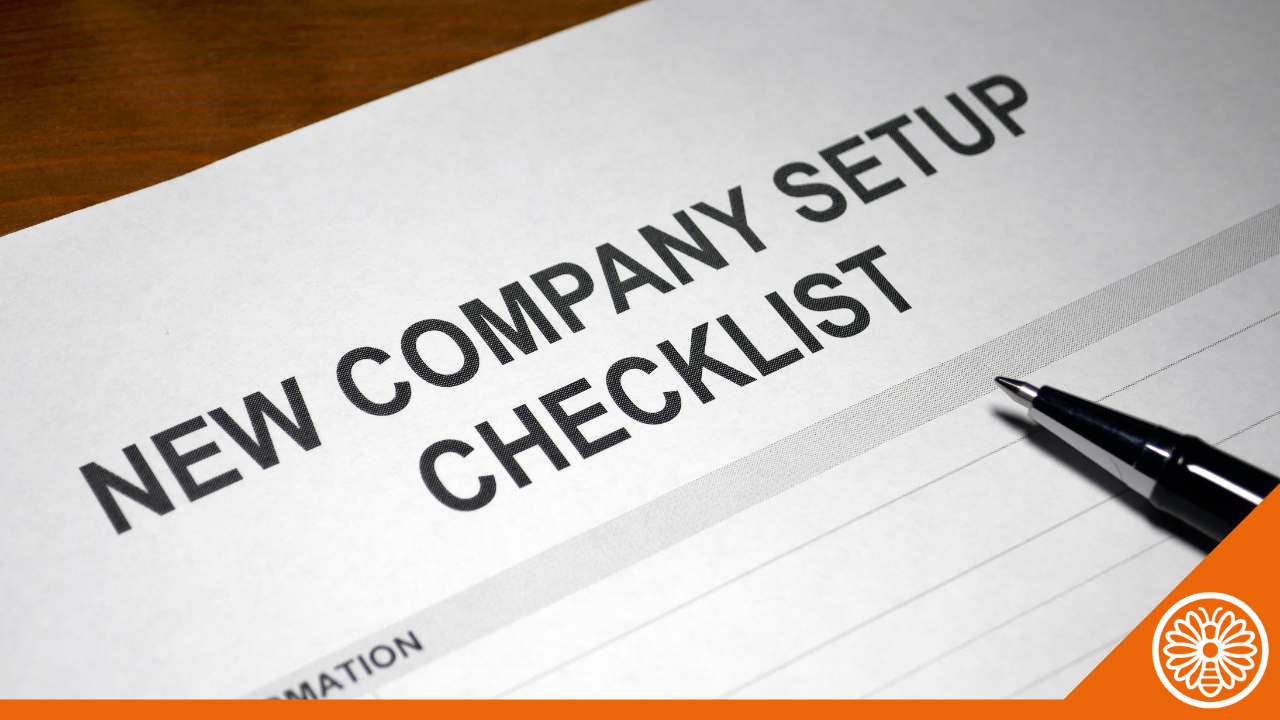Share Capital Guide: Hong Kong
Deciding Share Capital for Your Hong Kong Company
Minimum Requirement: One Share
Under the Companies Ordinance, every Hong Kong company must issue at least one share at incorporation. This share can be allotted to a founder, who may be an individual or a corporate entity, of any nationality, and residing anywhere in the world.
No Limits on Share Capital Amount or Currency
The Ordinance imposes no restrictions on the amount or currency of your share capital. This gives you complete flexibility to start with as little as HKD 1, EUR 1, or USD 1. However, a common practice is to begin with HKD 1,000 to HKD 10,000 or its equivalent in other currencies (for non-regulated business activities). This approach simplifies future distribution to multiple shareholders.
Authorized Capital Abolished
The old system required companies to declare a maximum share capital (a.k.a. Authorized Share Capital) which could be increased but with a complex process. This might explain why experienced entrepreneurs may advise starting with a large share capital. However, the 2014 Ordinance abolished this, allowing businesses to issue new shares without such restrictions. This flexibility eliminates the need to overcapitalize during incorporation.
Allotment vs. Transfer of Shares
An alternative approach involves starting with a substantial share capital to facilitate future share transfers. While this is feasible, it’s crucial to consider the associated costs. Both transferring and allocating shares involve expenses, but allocation is generally more budget-friendly:
- Transfer of Shares: Requires a stamp duty fee of HKD 5 + 0.1% of the higher of the consideration or value of the shares.
- Allotment of Shares: Costs significantly less as no stamp duty is involved.
Thus, starting with a modest share capital and allotting new shares later can be a more cost-effective approach.
Key Takeaways re: Share Capital
Ultimately, the optimal starting capital depends on your specific business needs. But given the lower costs associated with allocating shares compared to transferring them, a more conservative approach to initial capital issuance may be prudent.
If you’re ready to set up your Hong Kong company or have any questions, contact iNCUBEE—we’re here to help you every step of the way.




